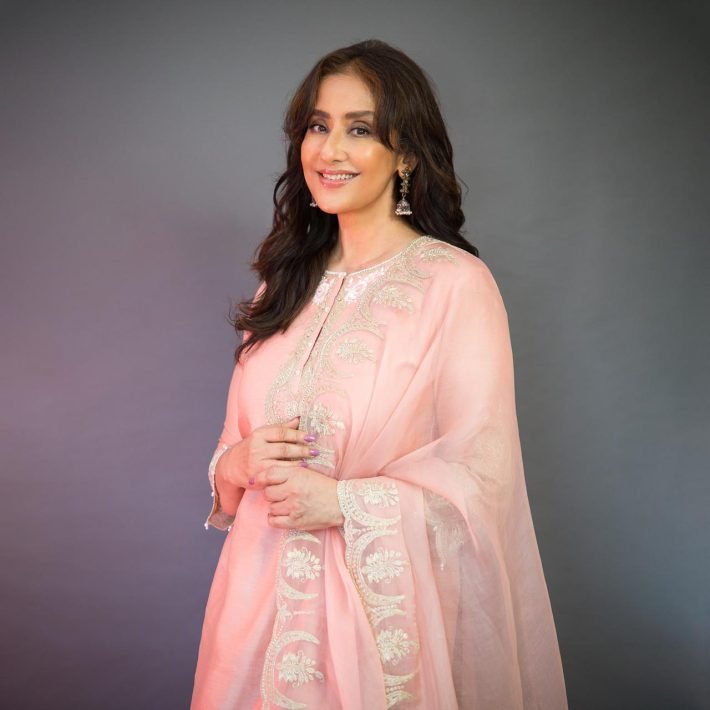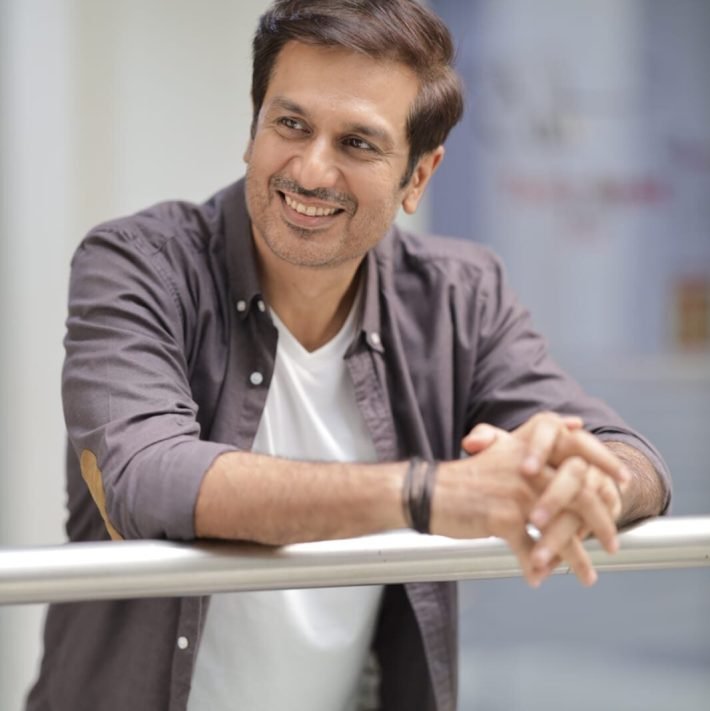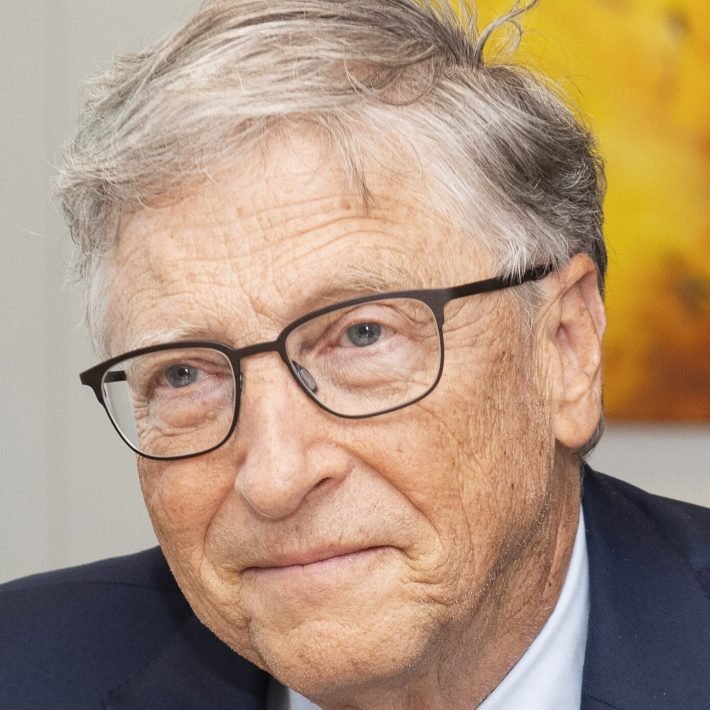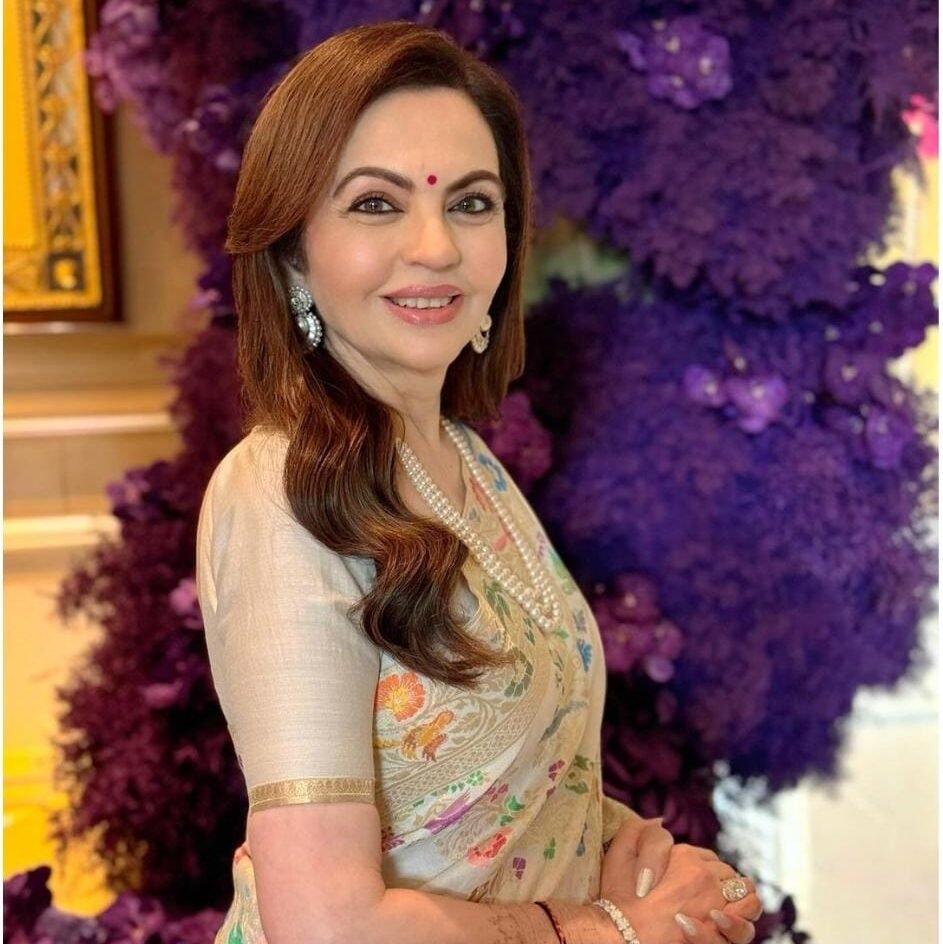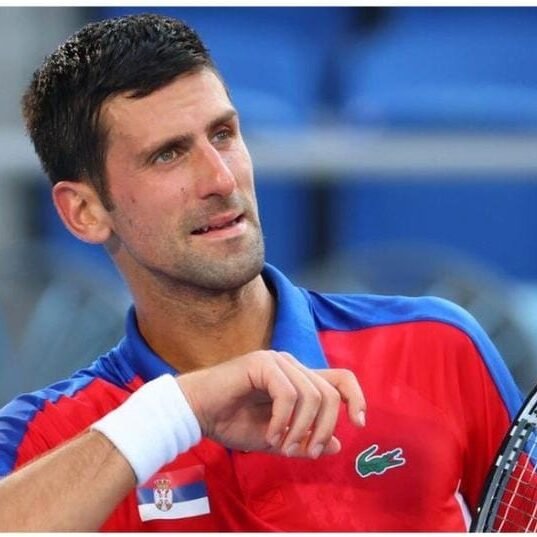Brilliant, Bold & Beautiful… the amazing Dr Nandita Palshetkar, India’s most popular fertility expert, takes a deep dive into the world of IVF (In Vitro Fertilisation), and expertly navigates the rough waters seemingly associated with infertility, bringing peace and happiness to infertile couples around the world.

By Andrea CostaBir
Which advancements in IVF technology do you find most promising for improving success rates in fertility treatments?
Yes, definitely time has changed, technology has changed, and protocols have changed. Over a period of time, we have seen the number of patients in the IVF field increasing. With new emerging technologies, expectations of the patients have also increased and so has the success rate.
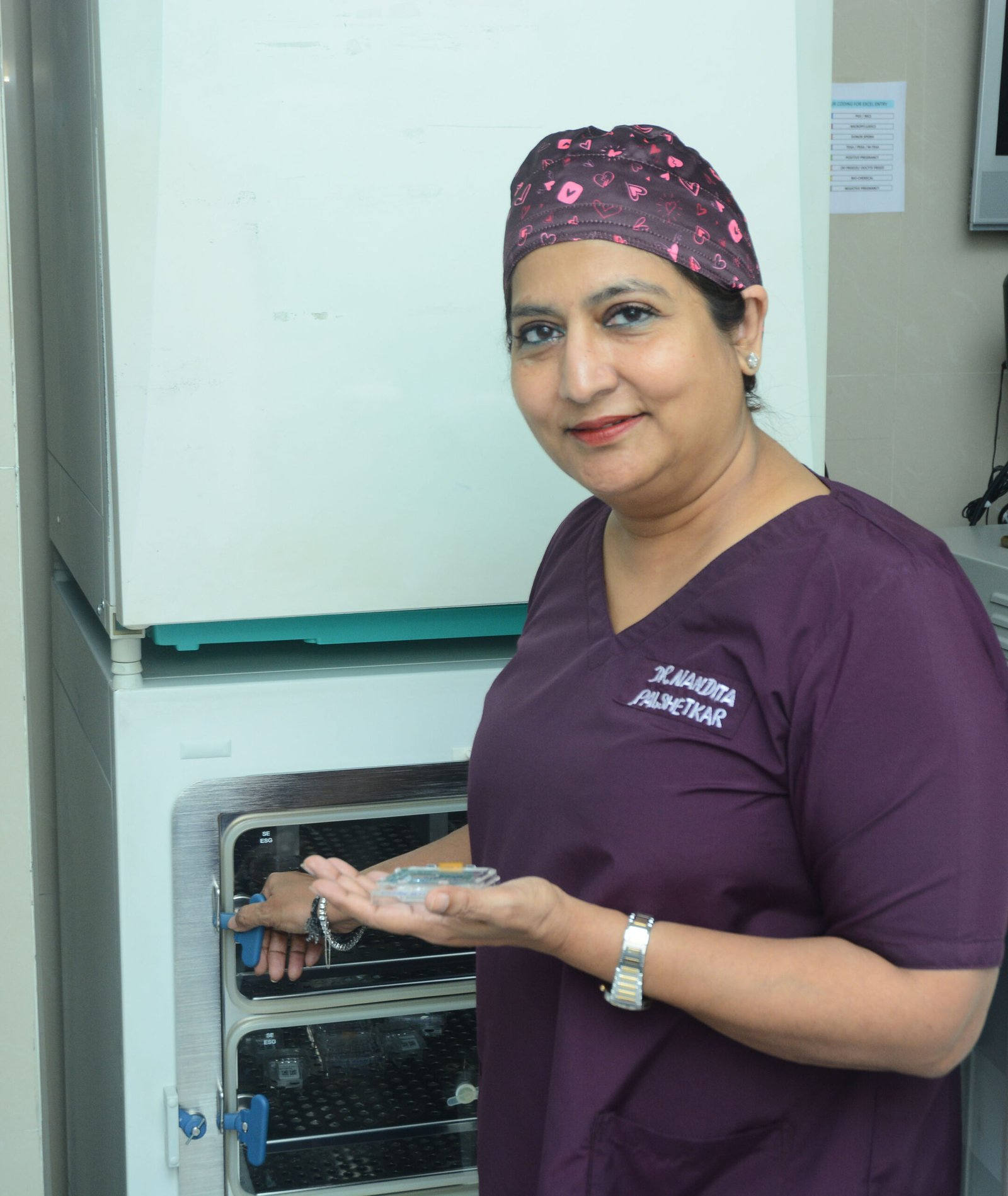
All the latest technologies at our centre at LILAVATI HOSPITAL: BLOOM IVF like Artificial intelligence, IMSI, Embryoscope, Spindle Check, Assisted Laser Hatching, Vitrification, MAC, and Microfluidics are required in many cases to get better fertilization rates, high grade of transferrable embryos, clinical pregnancy rates and live birth rates.
With the increasing popularity of egg freezing, what advice do you have for individuals considering this option?
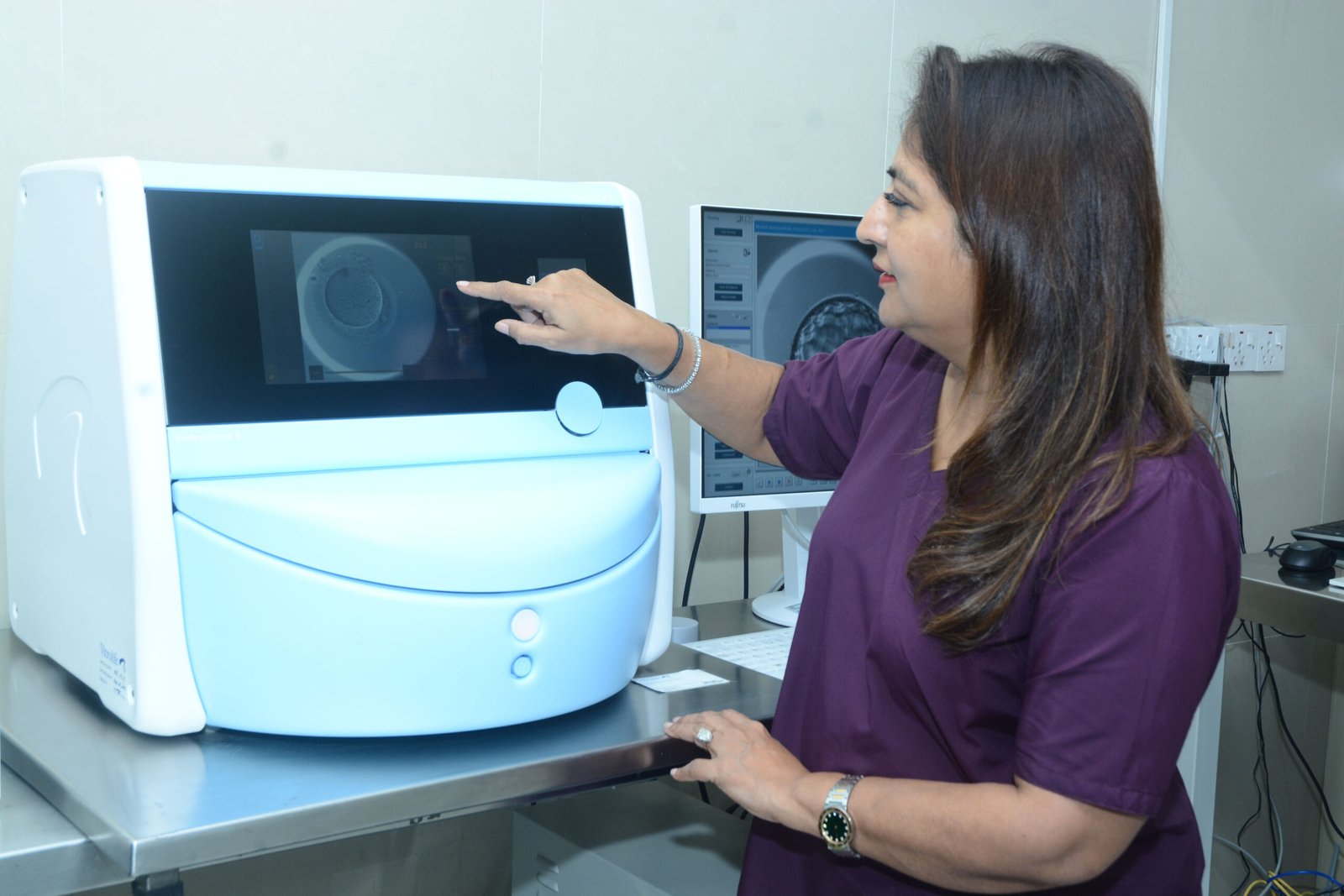
Freeze your biological clock until the time is right for you! The optimal age to freeze eggs is 32-36, but any woman aged 30-40 should consider egg freezing if the plan is to delay a family. Freezing around 12 eggs for women under 36 have up to 50% chance of having a child later, compared to 7% to 10% for an older group of women with fewer eggs. So freezing at the proper age will definitely benefit the girl.
Has the use of AI and Data Analytics impacted fertility treatments?
For more than a year now we have started using Artificial Intelligence in our practice. AI is Deep Learning, which can be used to recognize patterns across vast quantities of images that are invisible to the human eye. Through robust analysis, AI has learnt which features of an oocyte image are most related to blastocyst and pregnancy outcomes.
As the field of reproductive medicine advances, what role do you see remote monitoring playing in facilitating consultations and follow-ups for fertility patients?
Video calls and consultations through various platforms, applications and software have helped us in guiding patients during the course of treatment. Especially in IVF pregnancies which are high risk sometimes, we advise the patient to do reports locally and then video call us with their reports. We guide them accordingly and always advise our patients to be in touch with their local doctor for physical examinations.
How has cross-border reproductive care evolved, and what advice do you have for patients seeking fertility treatments from out of India?
We get a lot of patients from countries like the USA, UK, Singapore, UAE, Kenya, Qatar and many more who come for treatment on a medical visa. My advice to all the patients is that our centre is very experienced and well equipped with all the possible technologies including Artificial Intelligence. Besides this, the treatment in India is cheaper than other countries and has better success rates too.
As fertility treatments can be financially demanding, what suggestions do you have for patients/couples about navigating the cost aspect while still accessing quality care?
We do advise patients only on the technology required for their case, and they can then visit budget IVF centres. At our BLOOM IVF, we help patients with certain financial criteria to seek treatment with the same quality and care.
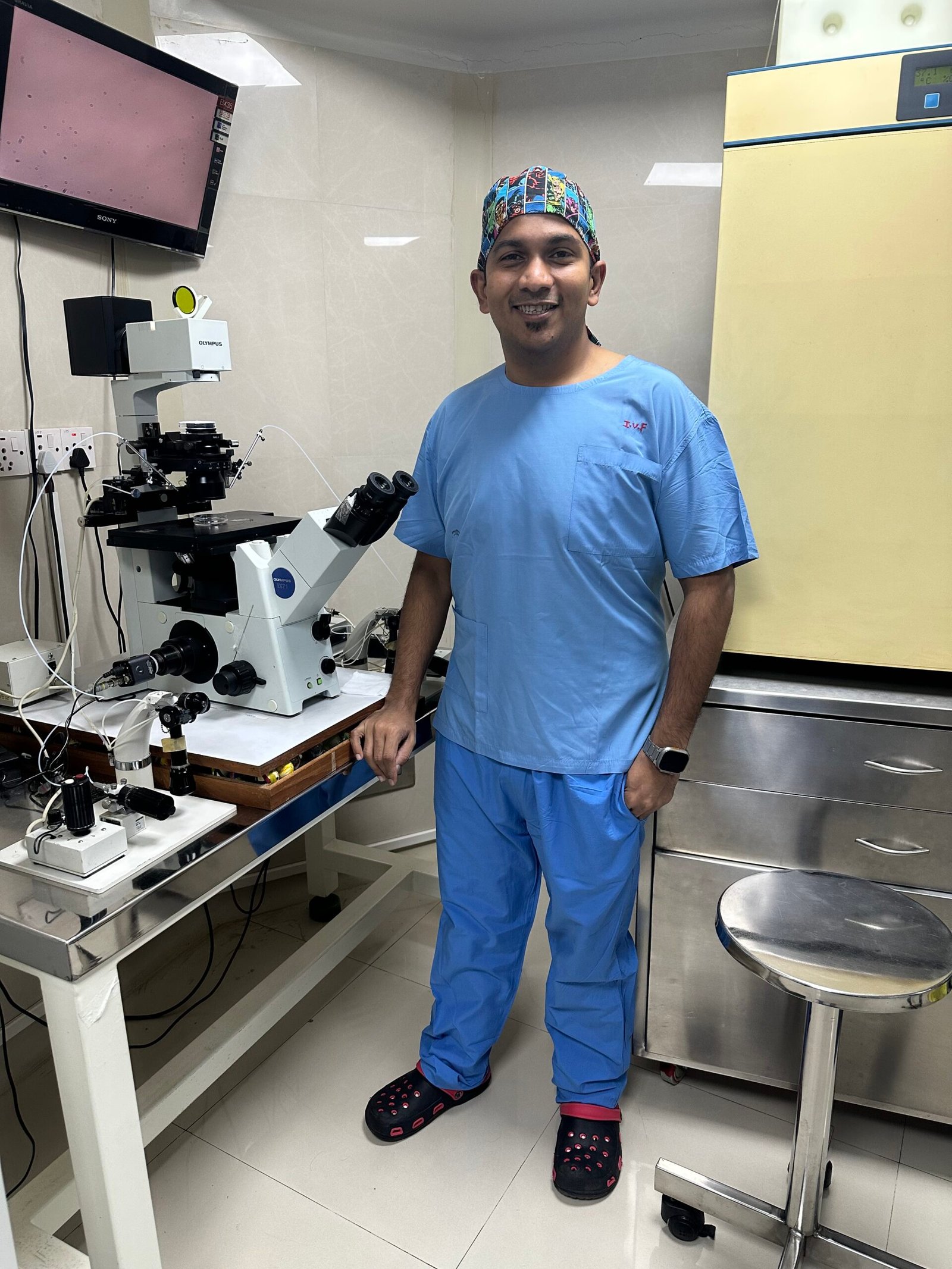
I do feel that private corporates and companies should have insurance schemes for IVF, maternity, and social egg freezing for the women working with them.
Any measures that you recommend for patients to optimize their overall health before undergoing IVF? Also, what role do lifestyle factors such as diet, exercise, and stress management play in optimizing fertility treatment outcomes?
Experts say the best time to get pregnant is between your late 20s and early 30s. This age range is associated with the best outcomes for both you and your baby. One study pinpointed the ideal age to give birth to a first child as 30.5. But your age is just one factor that should go into your decision to get pregnant. Fertility gradually begins to decline at around age 32. After age 35, that decline speeds up. Women are born with all the eggs they’ll ever have — about 1 million of them. The number of eggs gradually drops over time.
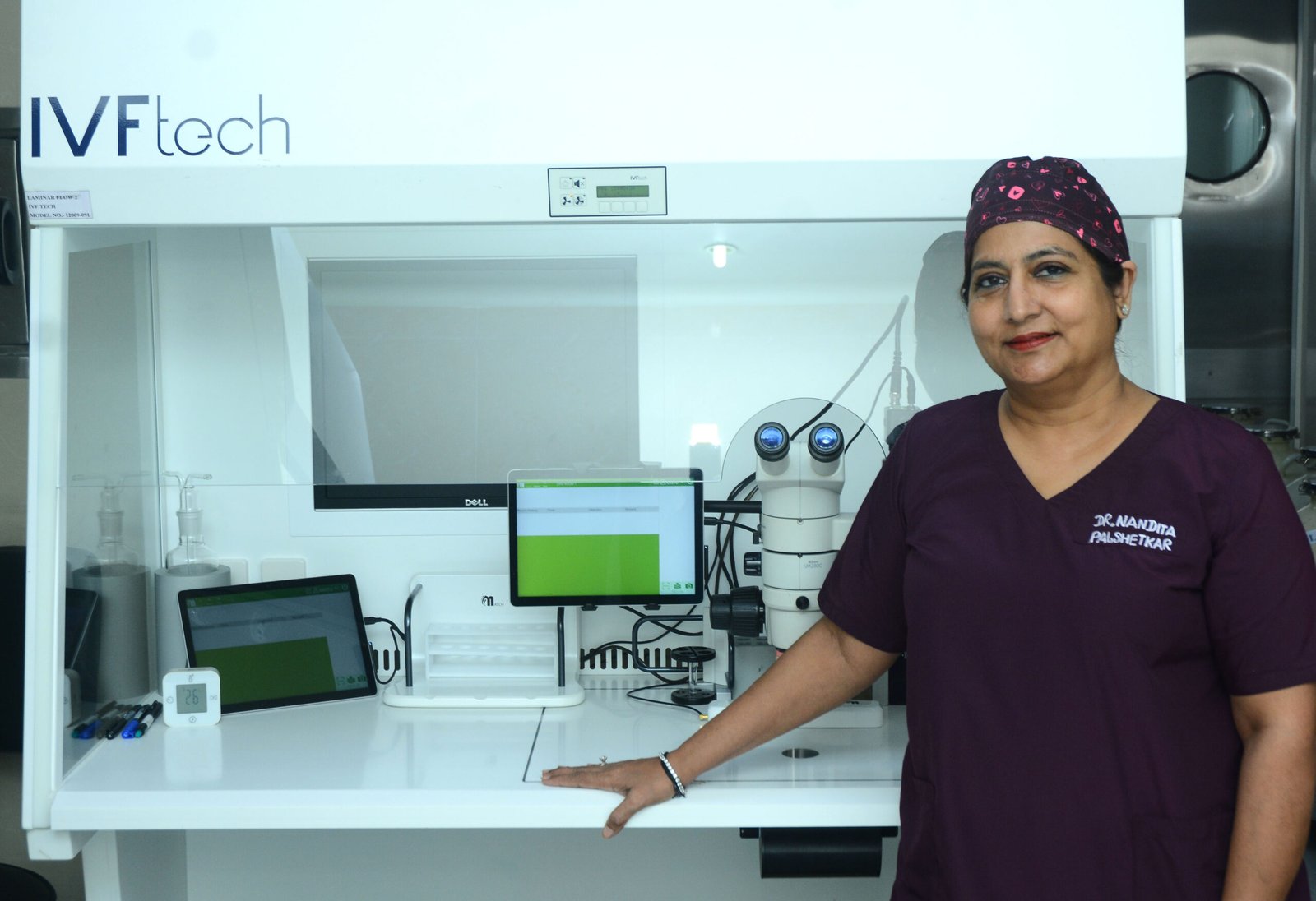
Diet: Healthy, balanced meals with a focus on including a variety of colors to meet your nutritional needs will help immensely. But don’t make any major or significant changes during this time, like going gluten-free if you already hadn’t done so, so far.
Exercise: Keep doing what you’ve been doing, especially if you already have a consistent fitness regimen. If you have a healthy body mass index (BMI), have been exercising, and have a healthy womb, you should keep exercising.
Sleep: Getting the right amount of sleep can support your IVF cycle. A 2013 study by I. Park found that the pregnancy rate for those who sleep 7 to 8 hours each night was significantly higher than those who slept for shorter or longer durations.
In your experience, what are some of the most common misconceptions that patients have about the IVF process?
There are so many myths…
• IVF is only for infertile couples.
• You can do IVF at any age.
• IVF causes you to have multiple births.
• IVF is the only way to have a baby if you’re infertile.
• All IVF clinics are the same.
• Fertility drugs cause cancer.
• Bed rest will improve success rate after embryo transfer.
• Success is not possible in the first IVF attempt and definitely multiple cycles are required.
What strategies do you recommend for managing the emotional and psychological aspects of fertility treatments for both patients and their partners?
Stay calm, trust your doctors, talk to each other and the doctor about what is going on. Meditation plays a very important role in this process. Counselling with our counsellors also helps all our patients.
Can you share some success stories or particularly challenging cases that stand out in your illustrious career which highlight the innovative strategies used to achieve positive outcomes?
I was successful in giving a baby to Miss World Diana Hayden in the year 2016 with her own eggs, which were frozen in 2007 (8 years prior) when Diana was focusing on her career. She was very sure that she wanted to wait for the right person to come into her life before she got married, which I feel is the correct thing to do.
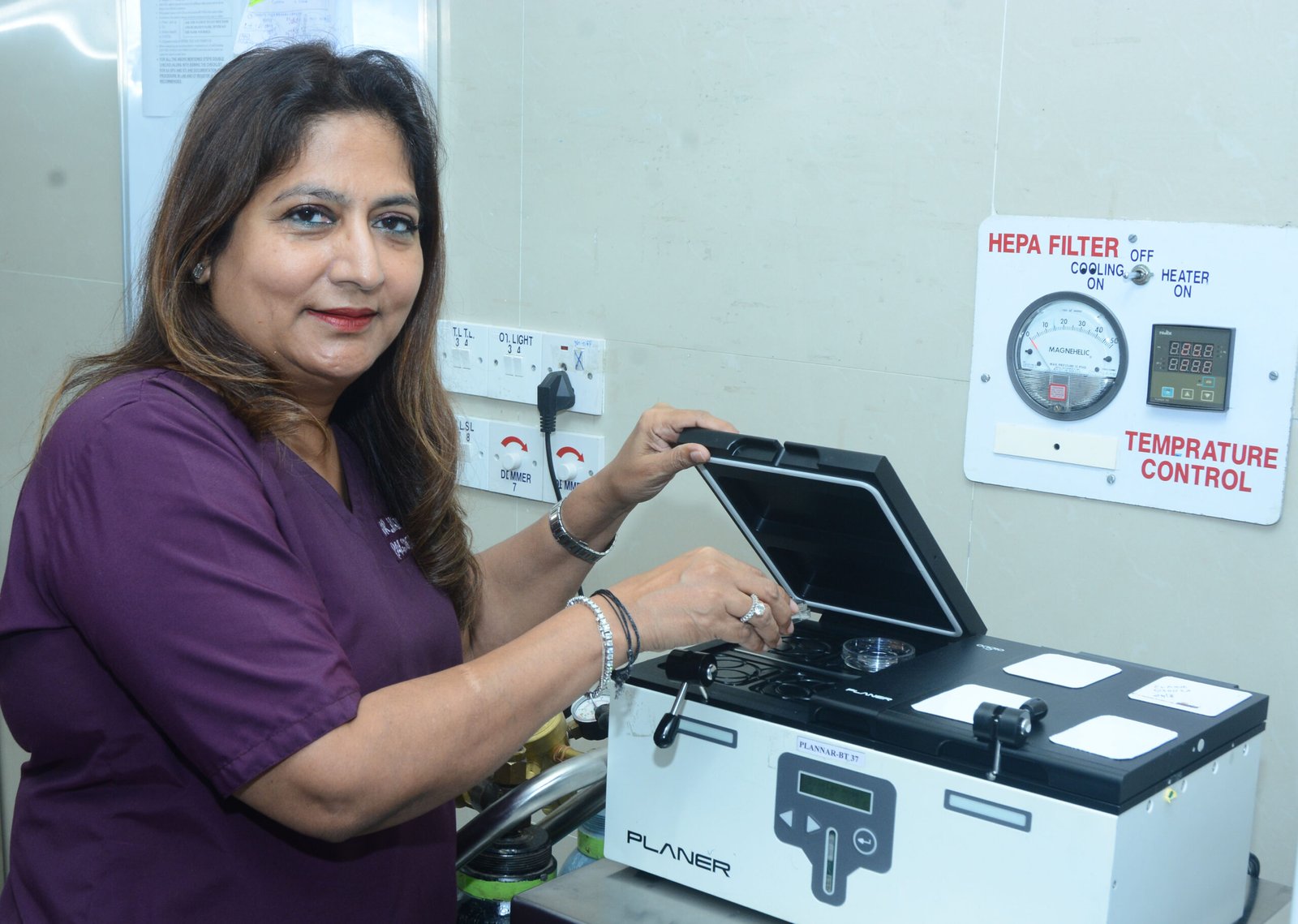
The egg freezing was done with the technology of vitrification. She then met Collin Dick when she was 40 and they got married. They were trying pregnancy naturally and Diana found out that she had endometriosis. So we decided to use the frozen eggs and use her husband’s sperm to create embryos. We transferred the embryos and she conceived and delivered baby Arya on January 9, 2016.
I was very delighted with the results and happy that my work could bring her so much happiness. We froze her eggs again and when she was 41 years old, I went to deliver her twins in March 2018 in Kenya. The technology of egg freezing proved to be like ‘Fertility Insurance’ for her.
As reproductive technologies continue to evolve, what ethical considerations do you believe should be at the forefront of discussions within the medical community and society as a whole?
As reproductive technologies advance, key ethical concerns include issues of consent, genetic manipulation, equity in access, potential long-term health impacts, and the definition of parenthood. Discussions should prioritize respect for individual autonomy, equitable distribution of benefits, and careful consideration of the potential societal and psychological implications of these technologies.
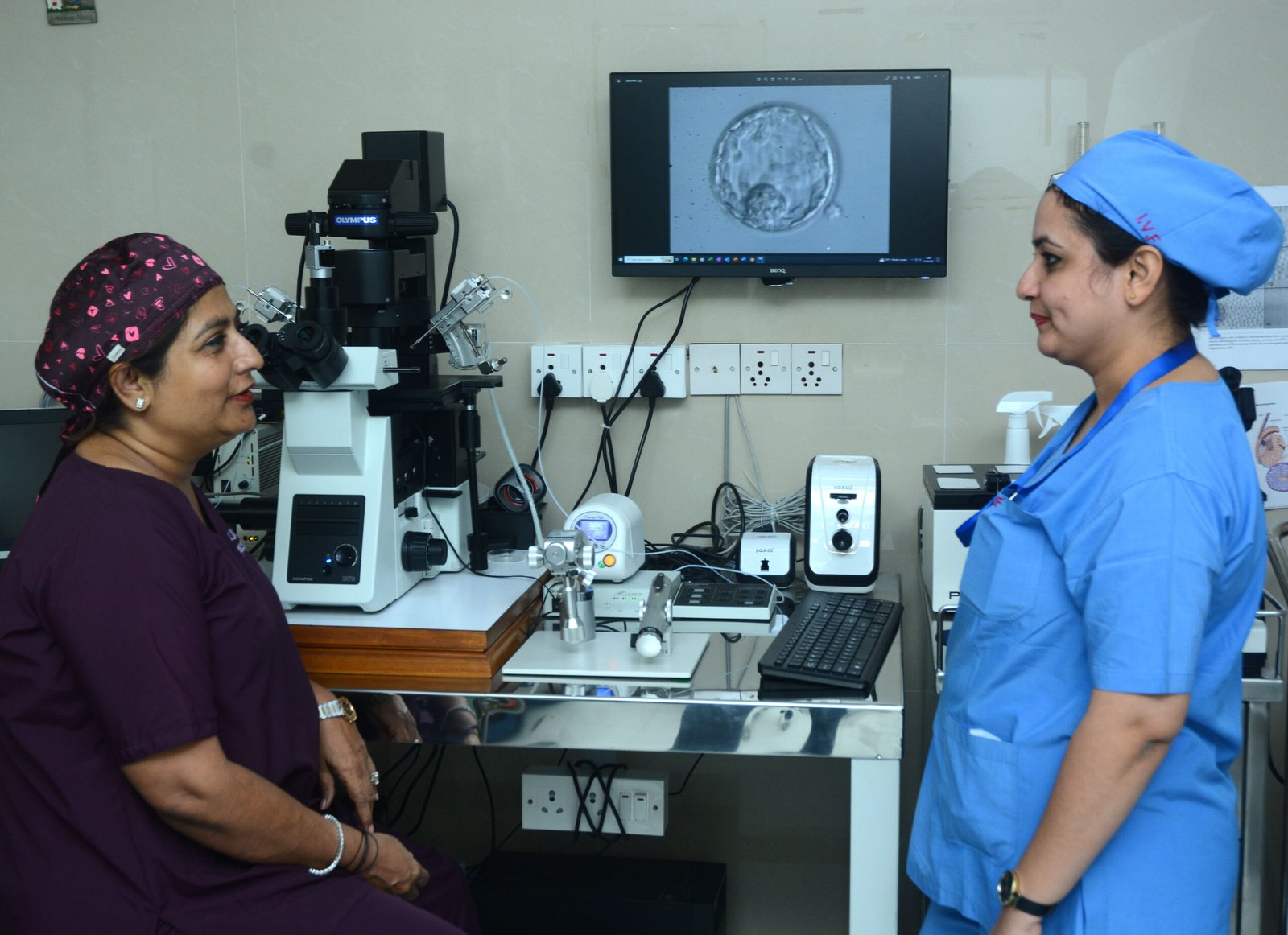
Apart from being a celebrated and handson fertility specialist, you are currently also focusing on teaching medical students and upcoming medical professionals. Please tell us about your knowledge sharing initiatives with potential/upcoming fertility experts.
We have different training programs for the blooming young doctors at BLOOM Training Academy, ICOG courses, and the MUHS course in reproductive medicine.

Our aim is to launch youth into the fascinating world of clinical infertility by preparing them with our interactive courses and intensive clinical and lab exposure at our various centers. We give them the most advanced and globally competitive training in the field by ensuring that our intensive and customized infertility training is meaningful for each trainee.
Your son is a doctor too and following in your footsteps. What advice do you give him with regard to the fertility/reproductive field of medicine, and life in general?
My son Dr Rohan Palshetkar is already heading 2 centres of BLOOM IVF in Mumbai and is attached to various hospitals all over Mumbai. He is a wonderful doctor. The best part about him is that when patients go to him, they prefer continuing the treatment with him rather than coming to me! I think that’s a big achievement – to keep patients happy and satisfied.

My advice to him is: practice with ethics, and follow all rules and regulations. Seek help if required; I am always there for you. All the best!


